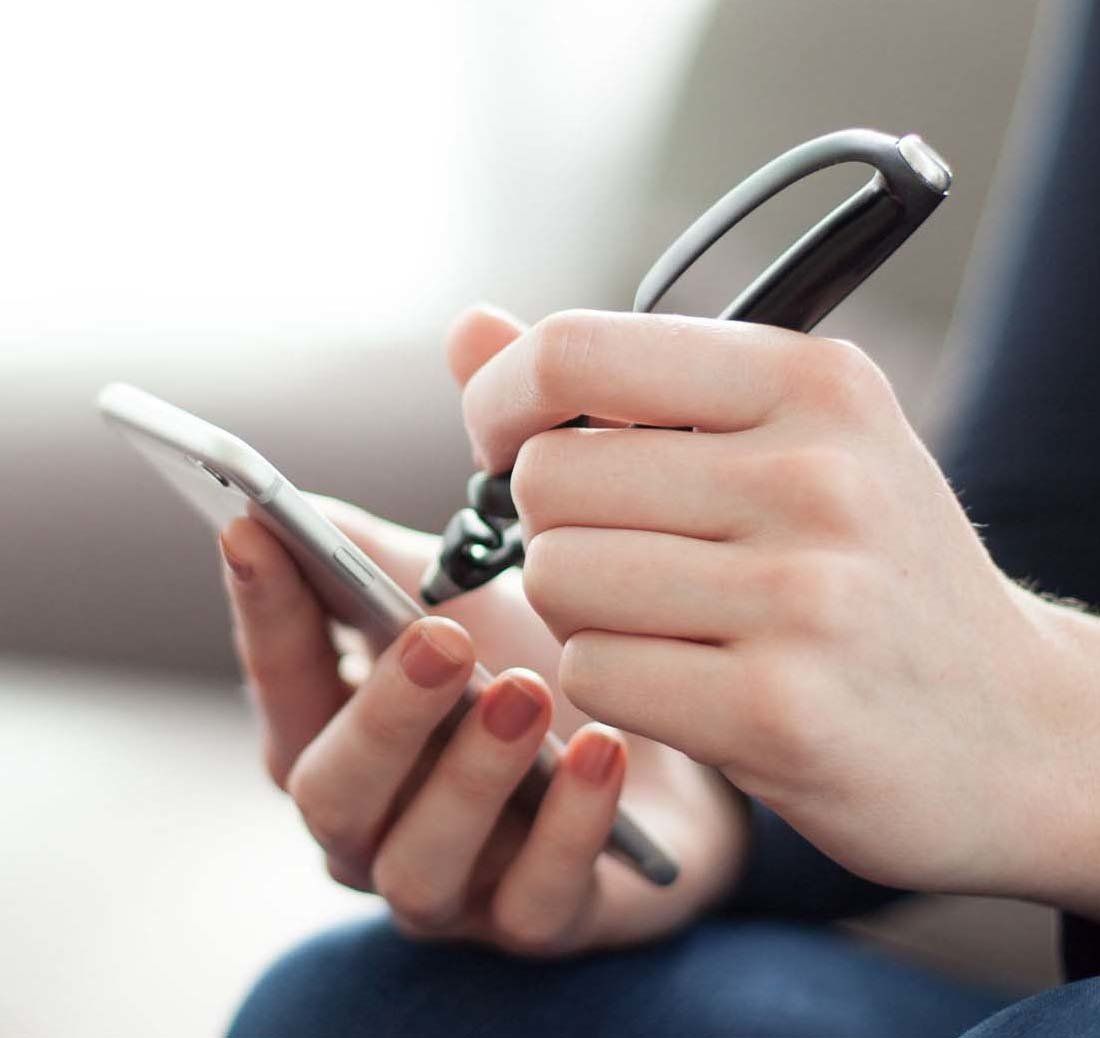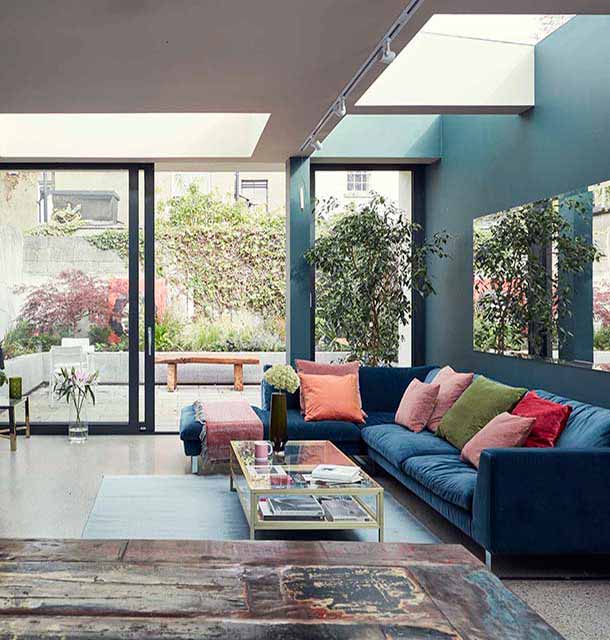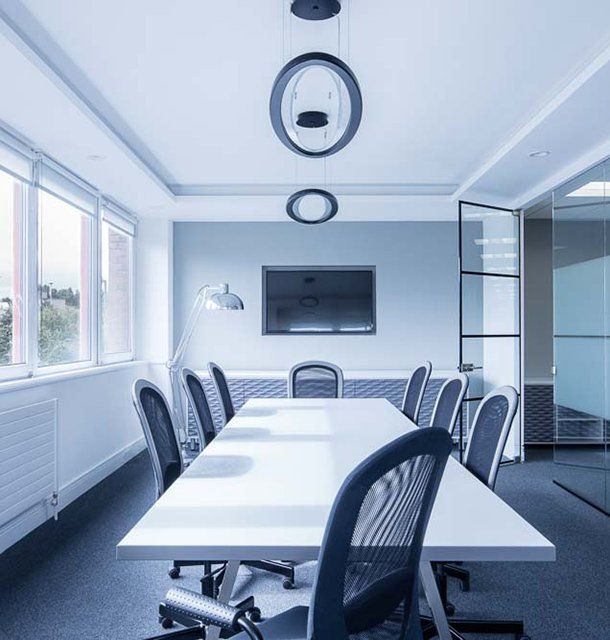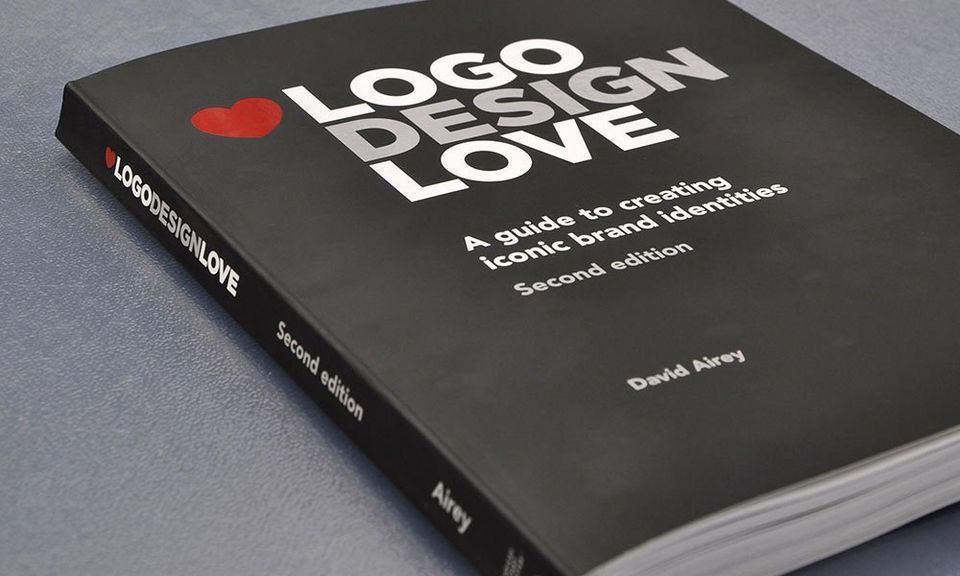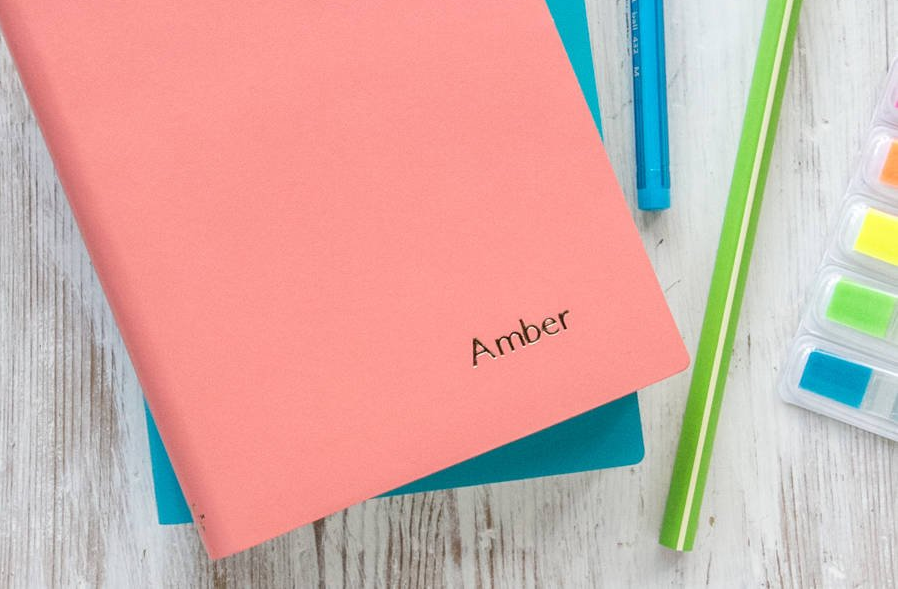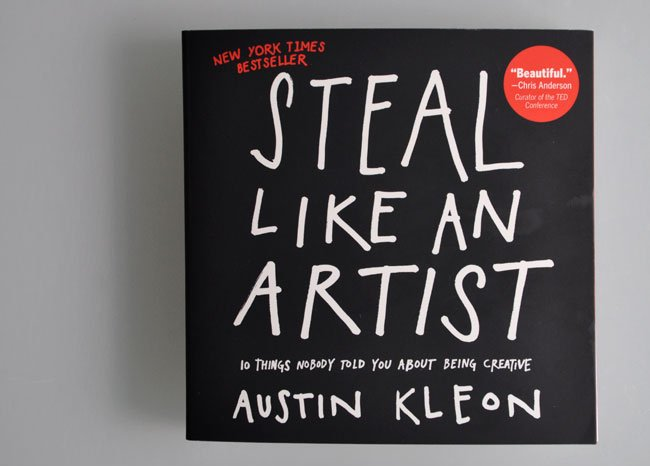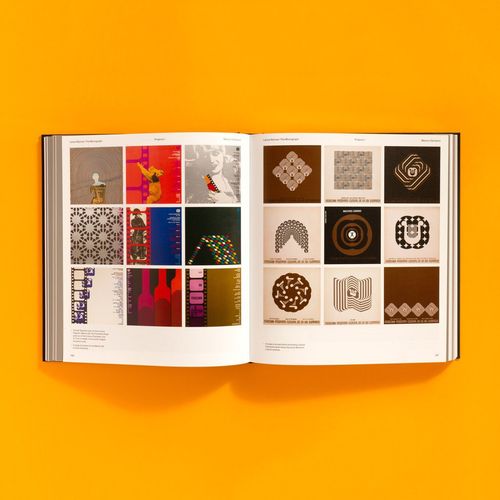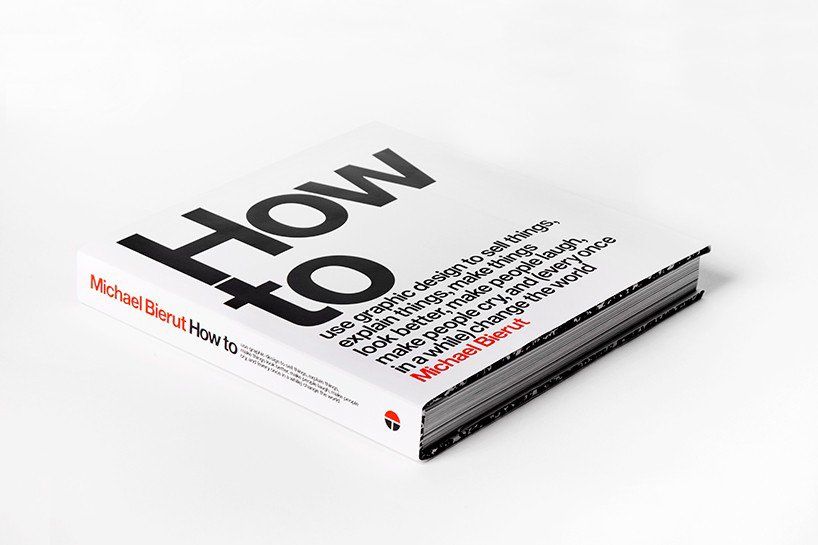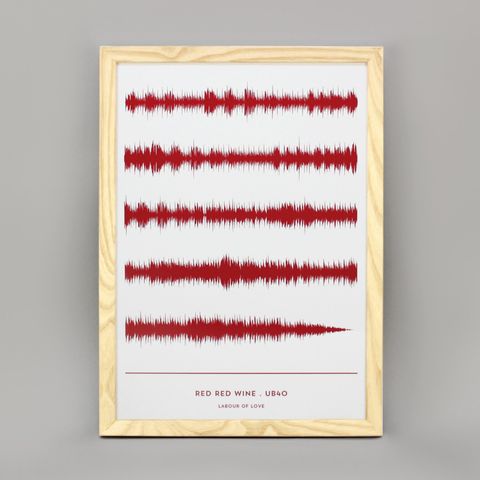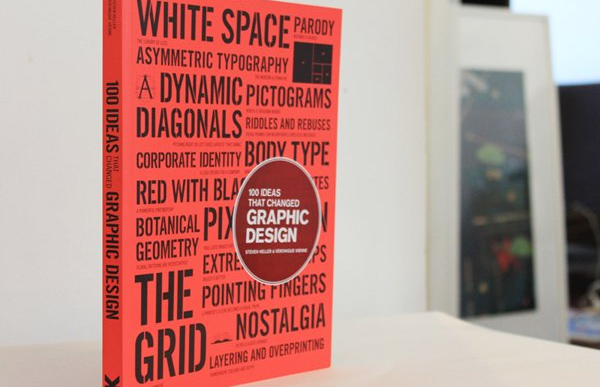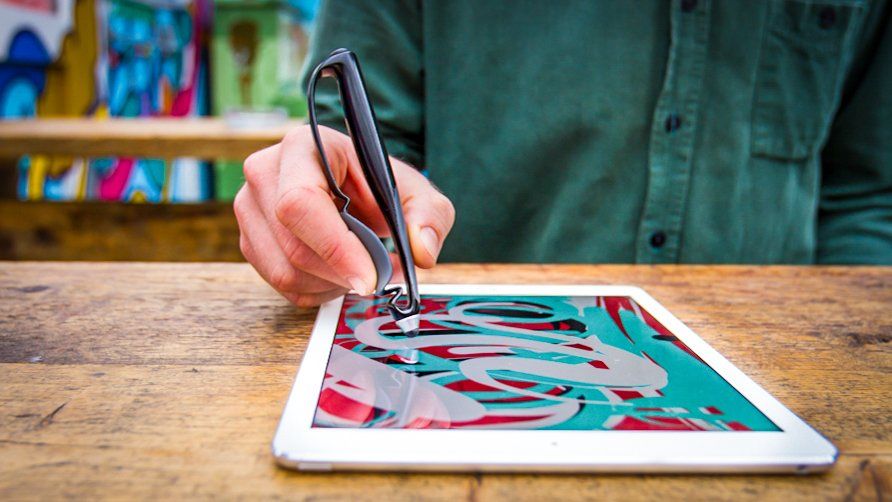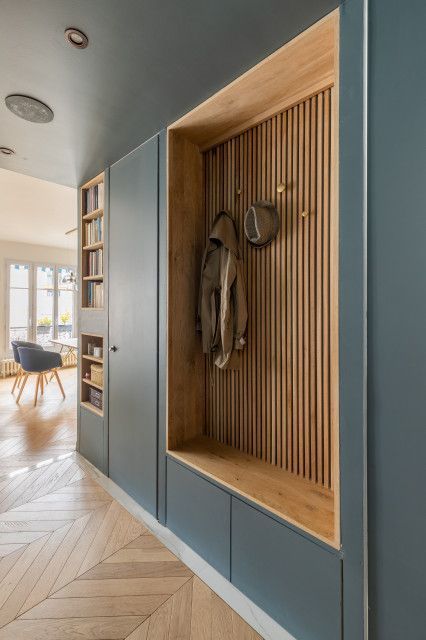Last minute Christmas gifts for creatives
January 3, 2020
Christmas is coming up fast and perhaps you’re starting to feel the last minute panic of not having all your gifts in order. Never fear, we’re here to help. These gifts are perfect for the graphic designer in your life, or someone with a passion for design. Have a look, hopefully we can provide you with some inspiration.
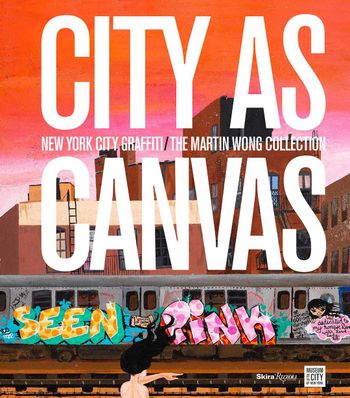
City as Canvas
City as Canvas
chronicles street art and graffiti in New York City, featuring works by Martin Wong, a prominent artist in East Village who died in 1999. If you’re looking for something to inspire, this preservation of an often ephemeral art form can do the trick.
The Quick Brown Fox Jumps Over the Lazy Dog
For the typography lover in your life, this memory card game based on fonts could be right up their alley. Niche, sure, but they’ll love getting to show off their expert knowledge.
Logo Design Love Second Edition
Logo Design Love
informs you how to create an iconic brand, from start to finish, using plentiful examples and case studies from the industry. Written in an intentionally accessible style, low on jargon, it’s suitable for both a graphic designer and a non-professional enthusiast. Plus, It’s written by David Airey, an Irish graphic designer, and we all love buying Irish products, don’t we?
Personalised Notebooks
For the creatives who carry a notebook to keep track of their ideas, Not on the High Street
does a lovely range of personalised notebooks that can be adorned with the owner’s name. Some are more kitschy than others, ranging from self serious block fonts
to more childlike scripts, so knowing your audience is key.
Steal Like an Artist
Steal Like an Artist: 10 Things Nobody Told You About Being Creative
is a New York Times bestseller by Austin Kleon on creativity and the old adage “good artists copy, great artists steal”. His take: it’s impossible to be completely original all the time and, if you try, you will ultimately smother your creativity. Acknowledging your influences and having fun with them will make you a happier person and a better artist. As an aside, Austin Kleon also has a great weekly newsletter that you should definitely check out.
Lance Wyman: The Monograph
A collection of the works of Lance Wyman, a legendary American graphic designer most famous for the Mexico ‘68 Olympics logo, the book contains 464 pages of Wyman’s prolific design. A particularly adept study of the designer’s understanding of local culture (especially Mexico) this is a great reference point for any graphic designer.
How To...
With definitely the longest title on the list “How to: Use graphic design to sell things, explain things, make things look better, and (every once in a while) change the world” (phew, what a mouthful) by Michael Bierut was a standout publication last year. Chronicling more than 35 of the graphic designers projects, Bierut seeks to educate others on his experience, with the book working both as a memoir and a manual.
Favourite Song Soundwave Print
This one’s for someone who appreciates print art and music:
House of Yve
takes a favourite song and creates a distinctive metallic print of the soundwaves of the song. They’re also available framed in silver and copper designs with varying background colours, so if you share a meaningful song with someone this could be a lovely personalised gift.
100 Ideas that Changed Graphic Design
Appearing in the “100 Ideas that Changed... “ series, this book
by Steven Heller chronicles the various stylistic, technical methods that influenced graphic design and how they were adopted into the field going forward. Great for anyone wanting to expand their knowledge on the history of graphic design.
Order a Scriba
Scriba is a stylus for iOS and Android devices that’s ergonomically built for the natural contours of an artist’s hand and allows more control over line width using Squeeze-Motion technology. Scriba is still in production, but you can pre-order now
or sign up to be notified when it becomes available.
Happy Christmas Everyone!
Articles
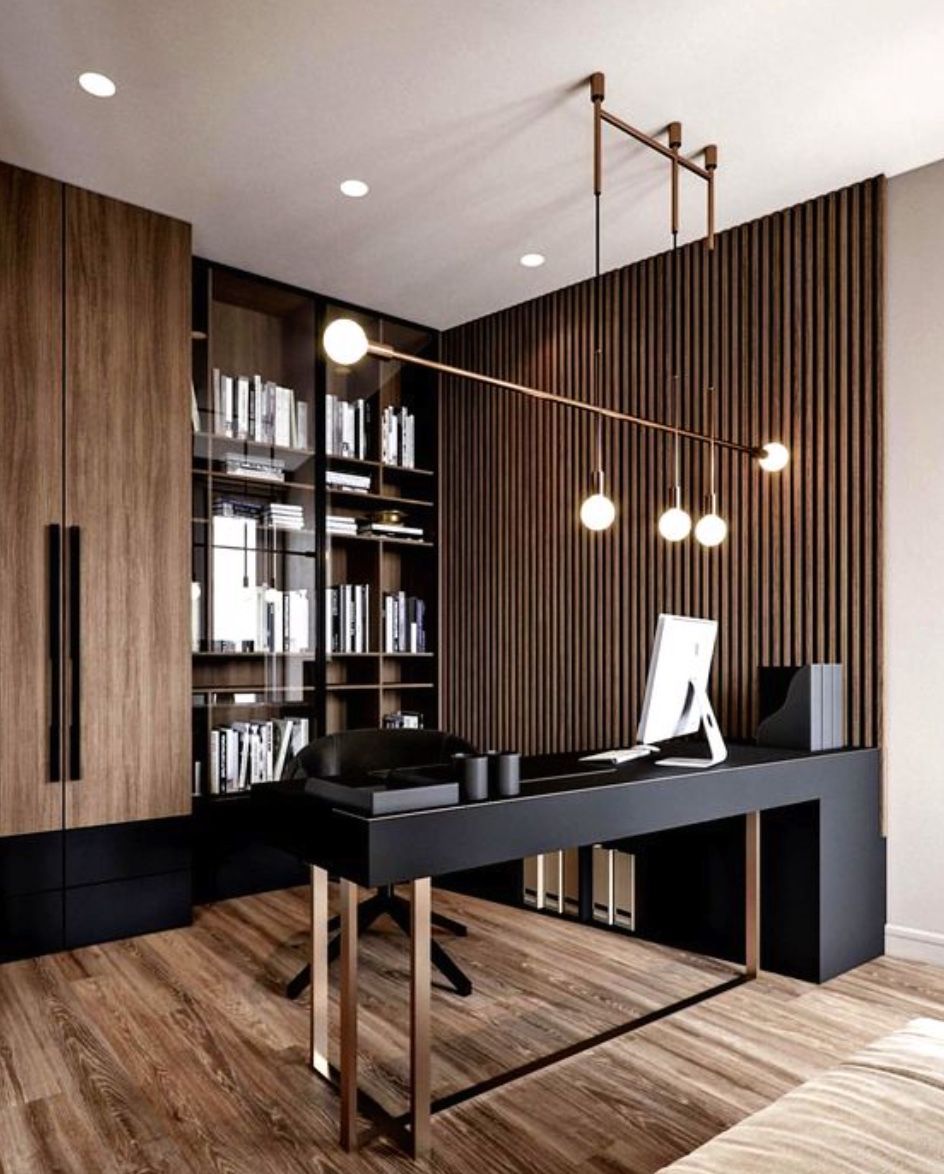
In the period since COVID forced many of us back home and out of the office, remote work has become the new norm for many. The flexibility of working from home, especially for those with small children, is very compelling, but making a productive workspace is more than setting up a desk in the spare room. More people are seeking to create functional and comfortable workspaces in their homes, however, it can be difficult to strike the right balance between a professional office space and a cosy home environment. Here are some tips for designing a home workspace that meets both of these needs: Dedicate a specific area for work Designating a specific area for work is essential for separating work from leisure time. This could be a separate room or just a corner of a room. It is important to make sure that the workspace is free from distractions and clutter, as this will help you stay focused and productive. Choose the right furniture Ergonomic furniture is key to a comfortable and productive workspace. Invest in a comfortable chair, a desk that is the right height, and a good-quality mouse and keyboard. If you are prone to back pain, consider a standing desk. Add personal touches Just because your workspace should be functional, doesn’t mean it can’t be personal. Add photos, plants, and other personal items to make the space feel like your own. This will help create a sense of comfort and make you feel at home in your workspace. Good lighting Good lighting is essential for a comfortable workspace. If possible, place your desk near a window for natural light. If not, invest in a high-quality desk lamp to provide bright, even light. Keep it organised An organised workspace will help you stay productive and focused. Use desk organisers, filing cabinets, and other tools to keep your work area free from clutter. A clean and organised workspace will also help you start each day with a clear mind. Consider your work style Think about the type of work you do and how you like to work. If you prefer a minimalist workspace, opt for a simple desk and a few basic supplies. If you need space for multiple screens and other technology, make sure you have enough room to work comfortably. Take breaks It’s important to take breaks throughout the day to avoid burnout. Step away from your desk, go for a walk, or do some stretching exercises to clear your mind and recharge.



